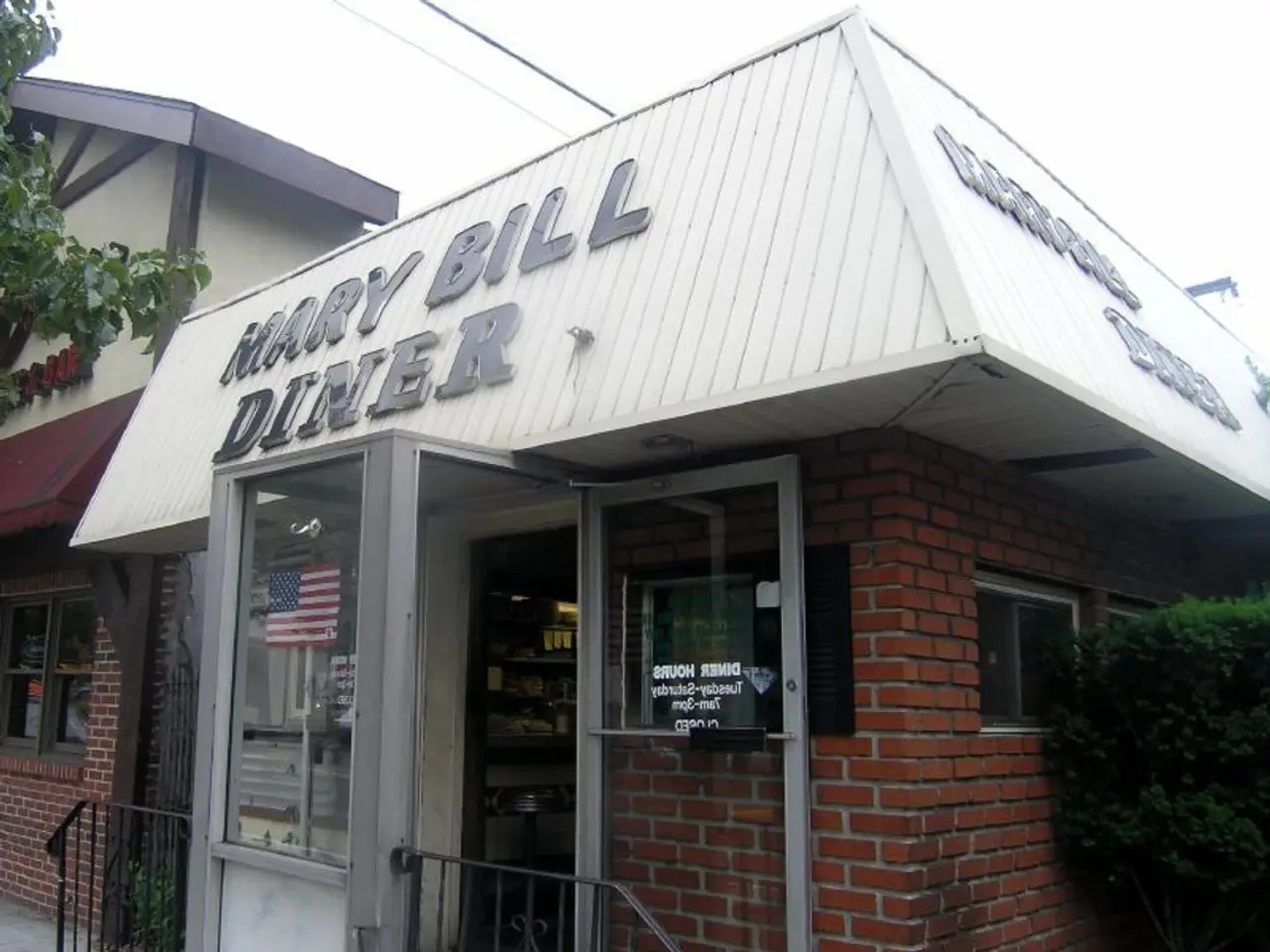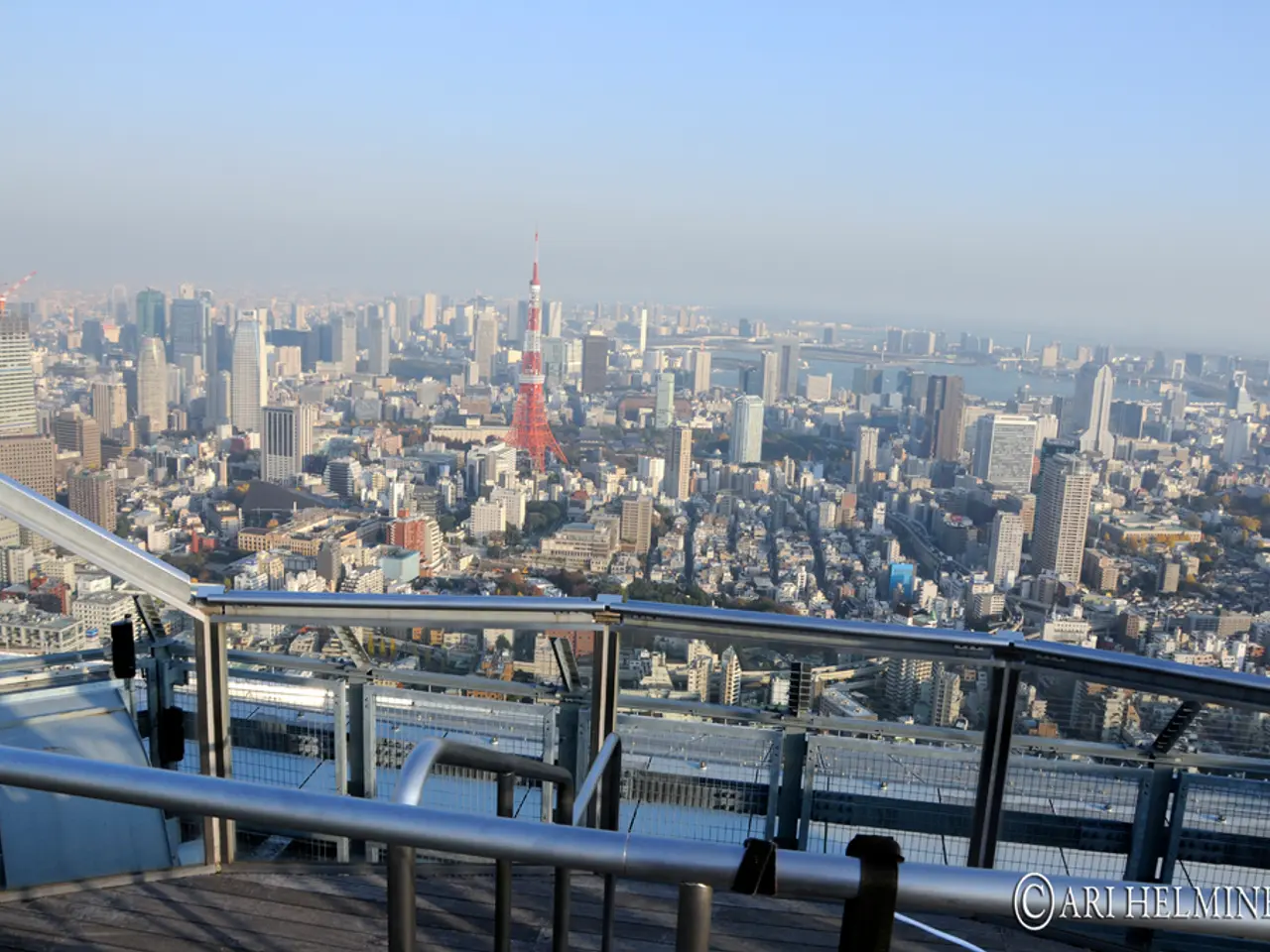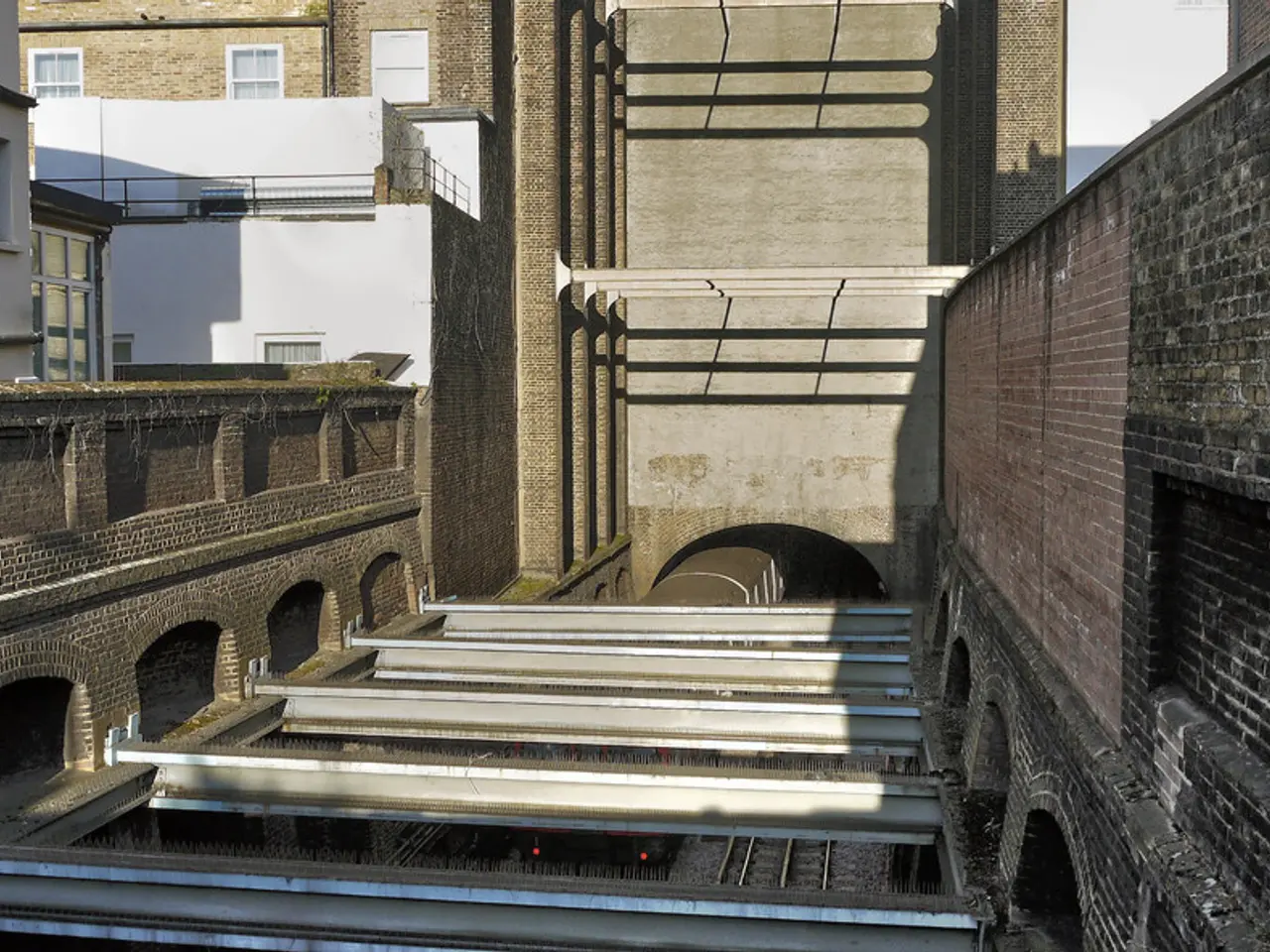Ineos Dialing Down Production in Gladbeck's Phenol Plant
Ineos subsidiary shuts down operation at Gladbeck location - Ineos-affiliated facility shuts down operation in Gladbeck
Hey there! There's some big changes happening over at Ineos, and it could have a significant impact on the European plastic industry.
Ineos, a giant in the chemical world, has announced the closure of its Phenol division plant in Gladbeck, putting 279 employees out of work. Phenol—an industrial chemical utilized in the production of plastics—will no longer be rolled out from this facility.
Why, you ask? European energy costs that are sky-high and the European CO2 tax policy have combined to create an unfavorable environment for European production. According to the company, it makes more sense to import cheaper phenol from China during this period of global oversupply.
Ineos has begun negotiations with their works council, employees, clients, and suppliers regarding the shutdown, with no specific date set just yet. The plant will keep operating until further notice.
However, production will continue at the second Phenol division site in Antwerp. The company states that the low demand makes it economically unfeasible to run both plants concurrently. It's worth mentioning that Ineos had already announced in January that it would temporarily reduce production in Gladbeck due to these conditions.
Ineos Phenol, a subsidiary of the Cologne-based Ineos group, has been producing phenol and acetone in Gladbeck since 1954, which are utilized in manufacturing headlights, brake pads for vehicles, solvents in the processing industry, and various other applications. The annual production capacity stands at around 650,000 tonnes.
Catch Up On Some Additional Facts
- The closure of the Gladbeck plant could lead to a reduction in the local phenol supply, a crucial ingredient in manufacturing various plastic parts, printed circuit board resins, wind turbine blades, brake pads, and industrial solvents.
- This could potentially cause European manufacturers to rely more on imports, thereby increasing costs or supply chain risks.
- Jim Ratcliffe, Chairman of Ineos, has stated that this closure serves as an example of the broader issue of Europe's energy uncompetitiveness and heavy carbon taxation policies, which are driving mass deindustrialization across the continent.
- Ineos, however, is not abandoning the phenol business entirely, as they plan to restart production at another European site in Antwerp by 2027.
- It's essential to note that the closure of the Gladbeck plant could weaken Europe’s chemical production capacity in phenol and acetone, which are critical intermediates in the plastics and composites sectors.
Stay tuned for more updates on this story as they unfold!
In light of escalating European energy costs and strict CO2 tax policy, discussions are underway to revise the community policy concerning vocational training programs for the potential reallocation of workers from Ineos' soon-to-be-shuttered Gladbeck Phenol Plant to growing industries or businesses requiring skilled labor, such as alternative European Phenol production facilities or other sectors impacted by the phenol supply shortage. Financial implications, including the impact on the European chemical industry's competitiveness and the potential costs associated with increasing imports, should be considered, as industry stakeholders may require supplementary vocational training to adapt to a shifting market terrain.




